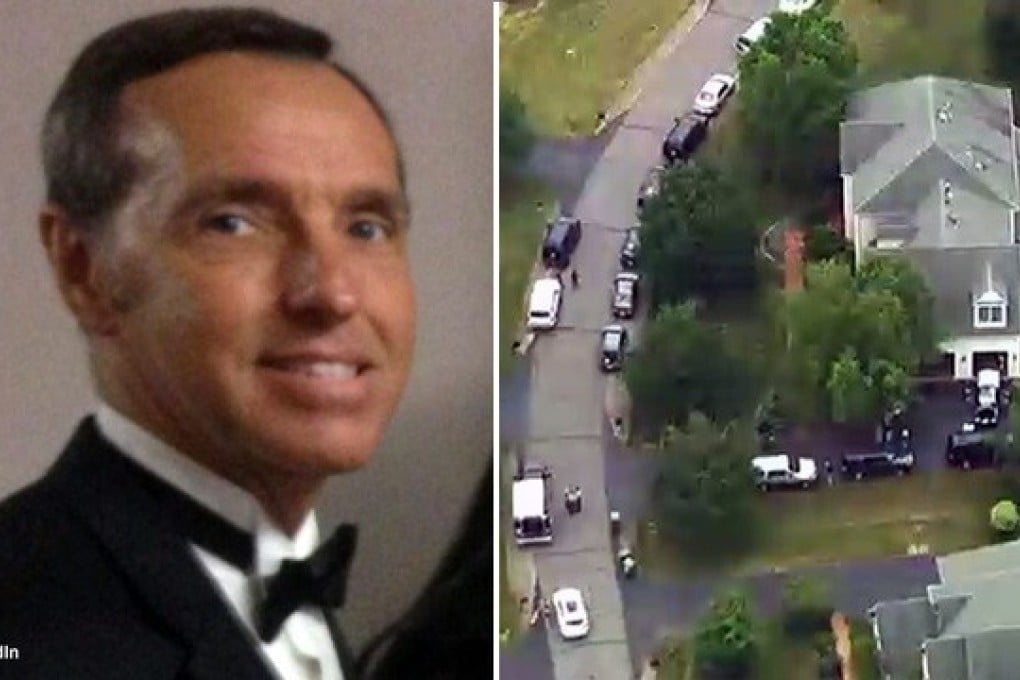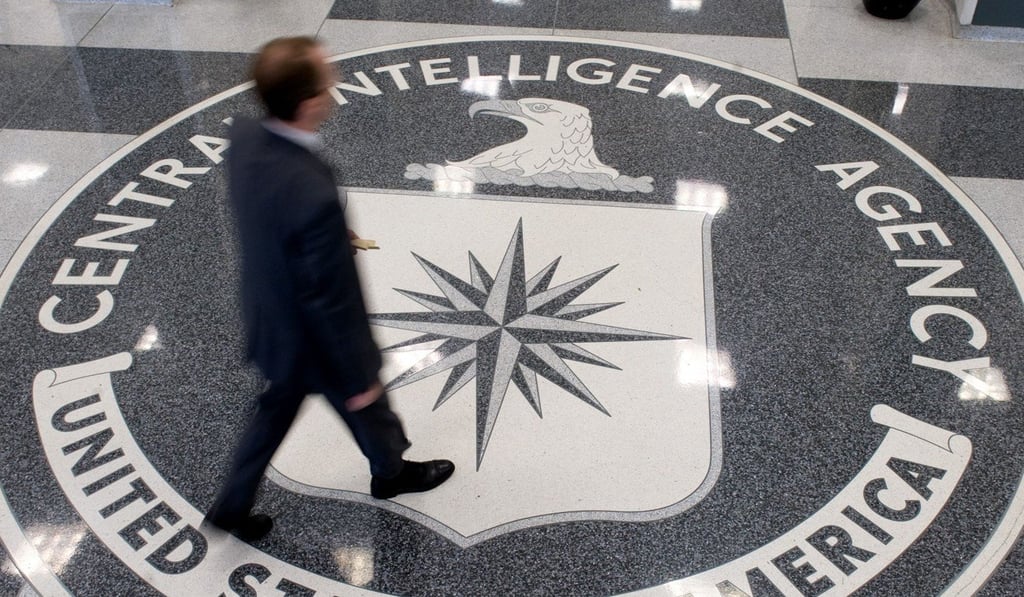US ex-spy says he was a triple-agent who sold secrets to China in order to flush out real enemy agents
Former CIA officer Kevin Mallory is set to go on trial after being accused of meeting with Chinese spies and arranging to hand over US intelligence documents for thousands of dollars

Kevin Mallory, a former CIA officer, admits he met with Chinese spies. He admits he planned a covert meeting with one of the operatives, that he handed over US intelligence documents and that he accepted thousands of dollars.
Federal prosecutors call it espionage. But the Virginia man, who for years held a top-secret clearance, says it was no crime – he says it was a ruse intended to out the spies to US authorities.
On Tuesday, Mallory goes on trial in federal court in Alexandria, Virginia, where a jury will decide which story they believe.

Mallory, 61, of Leesburg, Virginia, is a fluent Mandarin Chinese speaker who spent two decades working in US intelligence. Public defenders Geremy Kamens and Todd Richman say he used that experience to ensnare two Chinese intelligence operatives who approached him as staff members for a Shanghai think tank.
“He sent what he thought was worthless information to keep his Chinese contacts interested in him until the CIA would meet with him,” the defence lawyers wrote in one court filing.
Prosecutors say that, on the contrary, Mallory’s plan was to cash in on his covert knowledge to get himself out of debt. If he did not share everything he knew, they argue in court filings, it was only because he was holding out for better pay. And if he was somewhat open with old colleagues at the CIA, it was only to cover his tracks.
He “was seeking to develop a long-term, financially profitable relationship,” prosecutors John Gibbs and Jennifer Kennedy Gellie said in one motion.
